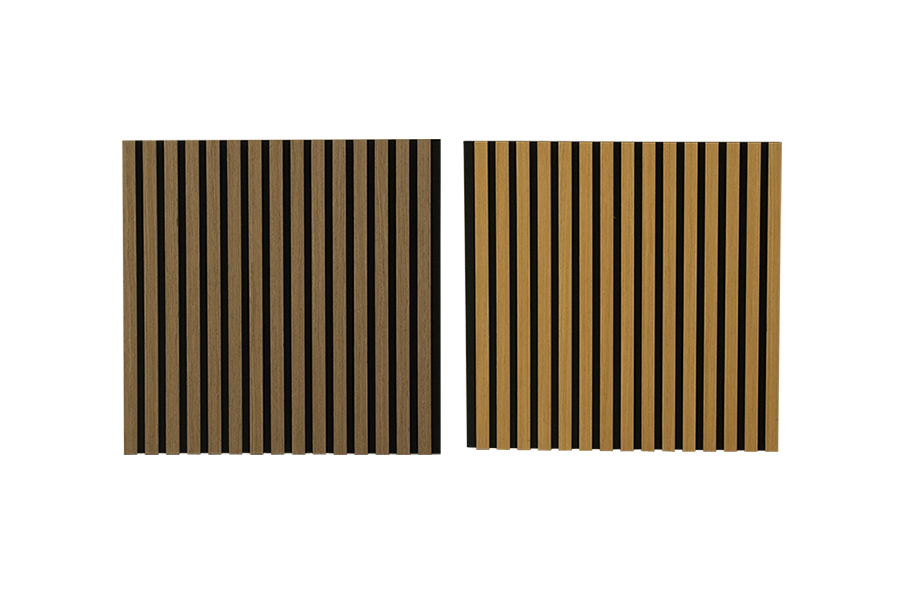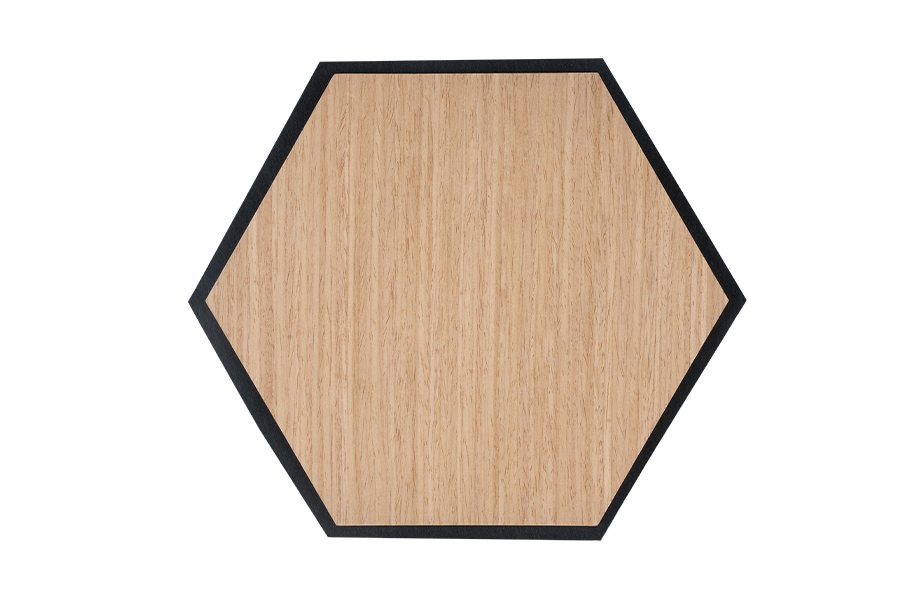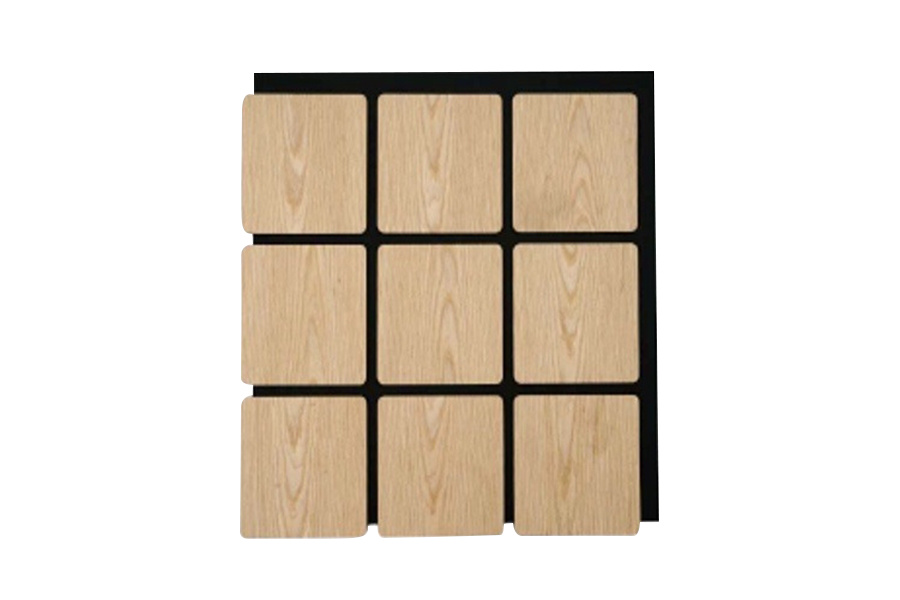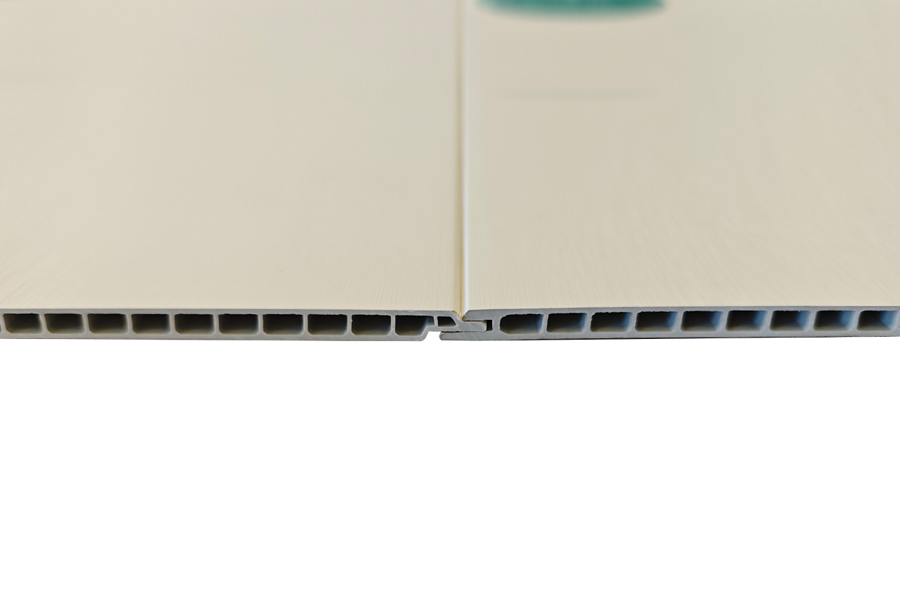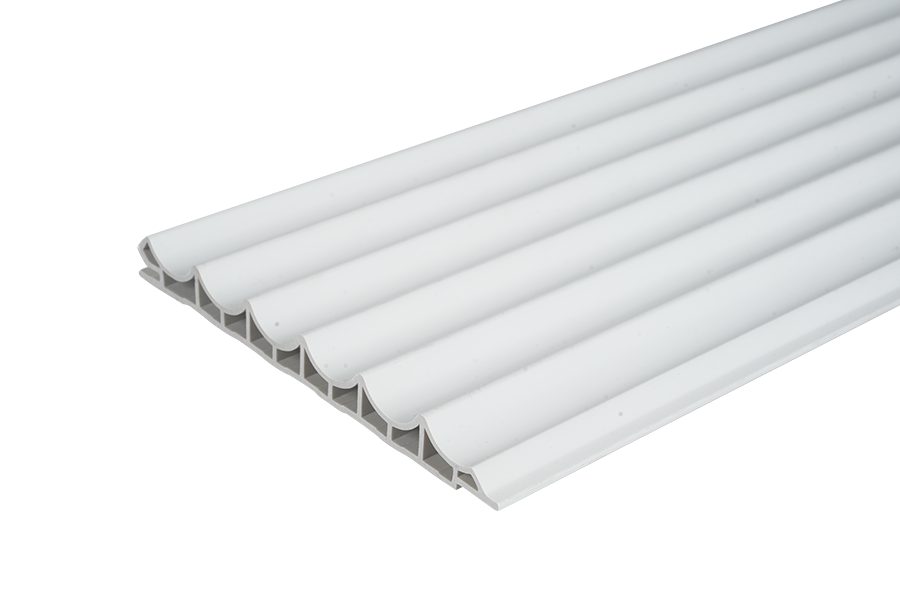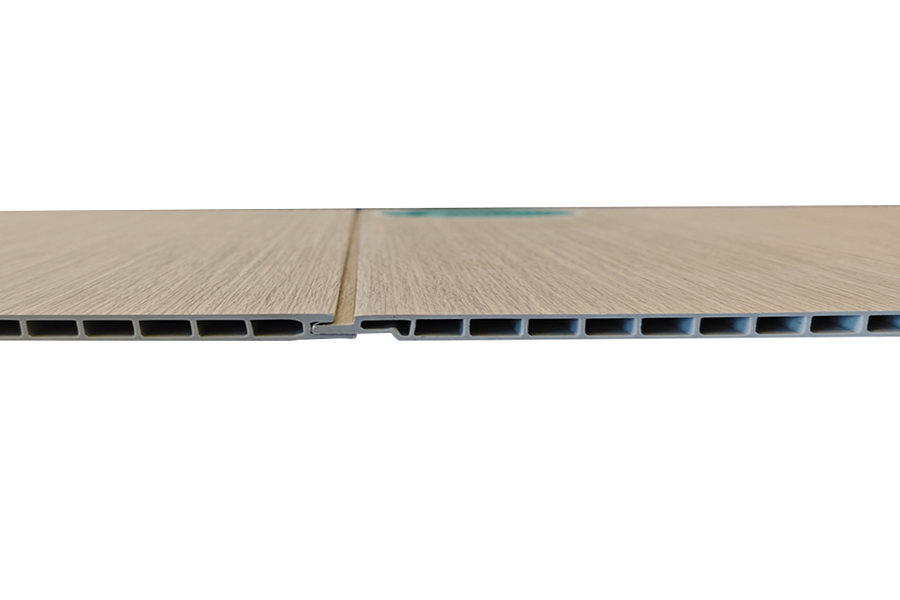Bamboo wood fiber panel is increasingly recognized as an environmentally friendly alternative to traditional wood-based materials. With growing awareness of sustainability and indoor air quality, many consumers and manufacturers are curious about the ecological and health aspects of bamboo wood fiber panel. This article explores whether bamboo wood fiber panel is environmentally friendly, whether it emits any harmful gases, and how sustainable bamboo is as a material for wood fiber panels.
Environmental Friendliness of Bamboo Wood Fiber Panel
Bamboo wood fiber panel is generally considered an eco-friendly material. Bamboo grows much faster than conventional hardwoods, reaching maturity in three to five years, compared to decades for many tree species. This rapid growth allows for frequent harvesting without depleting natural resources, making bamboo a renewable material. In addition, bamboo cultivation typically requires minimal pesticides and fertilizers, reducing the environmental footprint of the raw material.
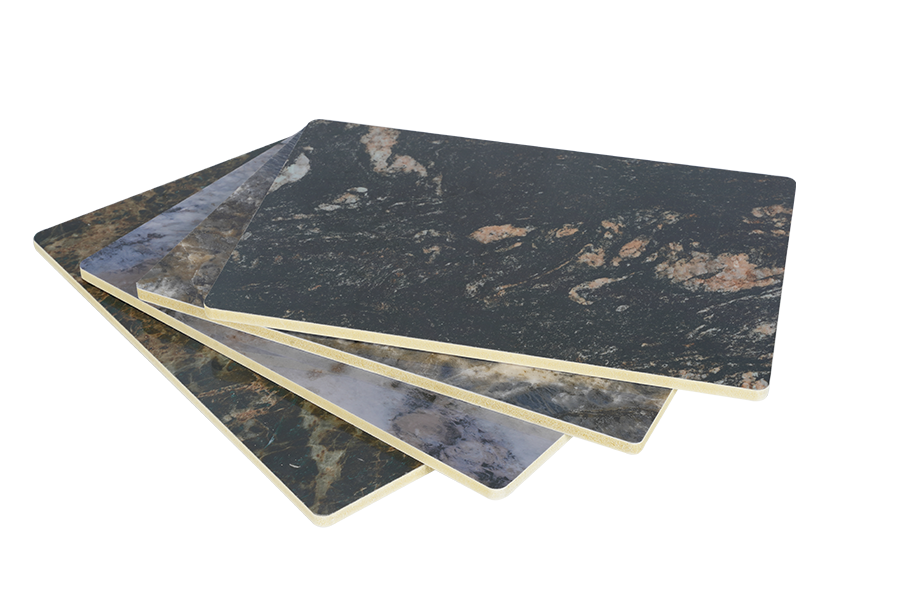
The production of bamboo wood fiber panel also uses the whole bamboo plant efficiently. Bamboo fibers are combined under controlled heat and pressure with adhesives to create uniform panels. Compared to traditional plywood or MDF, which may rely on slower-growing trees and more intensive chemical processing, bamboo wood fiber panel offers a more sustainable choice for both furniture and construction applications.
Emission of Harmful Gases
A key concern for any engineered wood product is the emission of volatile organic compounds (VOCs), including formaldehyde. Bamboo wood fiber panel can vary in emissions depending on the type of adhesive used during manufacturing. High-quality bamboo wood fiber panels often use low-formaldehyde or formaldehyde-free adhesives, which minimize the release of harmful gases. This makes them suitable for indoor use, especially in homes, schools, and offices where air quality is a priority.
Compared to MDF, which can sometimes release higher levels of formaldehyde due to synthetic resins, bamboo wood fiber panel is generally a safer option. Plywood can also emit VOCs, but the controlled production of bamboo panels and the use of eco-friendly adhesives help maintain healthier indoor environments.
Sustainability of Bamboo as a Material
Bamboo is widely regarded as one of the most sustainable raw materials for wood fiber panels. Its fast growth rate, high yield per hectare, and natural resistance to pests contribute to its environmental advantages. Unlike slow-growing trees, bamboo can be harvested annually without causing soil degradation or deforestation. In addition, bamboo cultivation can help stabilize soil and reduce carbon dioxide in the atmosphere, further enhancing its sustainability profile.
Bamboo wood fiber panel also demonstrates longevity and durability, which adds to its sustainability. Long-lasting materials reduce the need for frequent replacement, lowering resource consumption over time. By choosing bamboo wood fiber panel, manufacturers and consumers can support sustainable forestry practices while benefiting from a strong, versatile, and aesthetically appealing product.
Applications and Environmental Benefits
Due to its eco-friendly and low-emission properties, bamboo wood fiber panel is suitable for a wide range of applications, including furniture, cabinetry, interior wall panels, and flooring underlayment. Its smooth surface allows for finishing with low-VOC paints and laminates, further reducing environmental impact. Using bamboo wood fiber panel in projects demonstrates a commitment to sustainable materials and healthier indoor living conditions.
Bamboo wood fiber panel is an environmentally friendly and sustainable alternative to traditional engineered wood products. It is generally low in harmful gas emissions when manufactured with eco-friendly adhesives, and bamboo itself is a rapidly renewable and resilient resource. Choosing bamboo wood fiber panel contributes to reduced environmental impact, improved indoor air quality, and responsible use of natural materials. For designers, manufacturers, and consumers seeking sustainable building and furniture solutions, bamboo wood fiber panel offers both ecological and practical benefits.






 Español
Español عربى
عربى русский
русский
